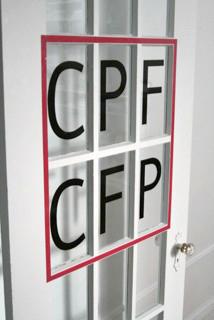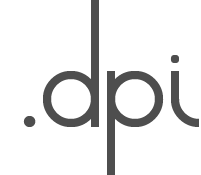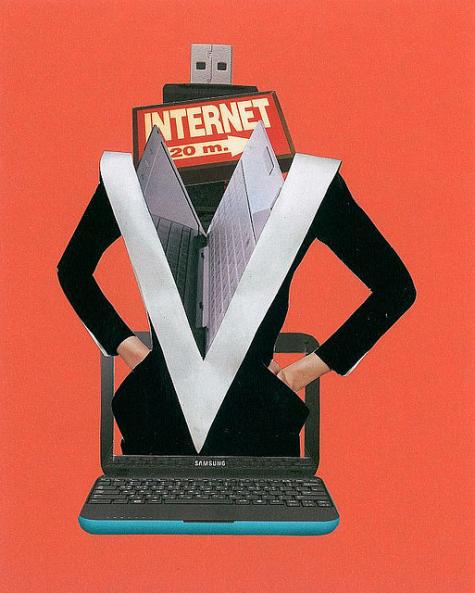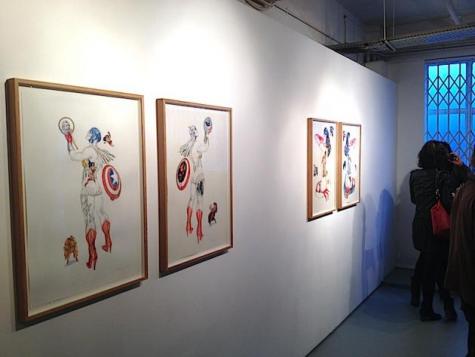What’s Feminism got to do with Free Schools? An Interview with the CFP
 More than a year after the student uprisings in Quebec, how did some of the rethinking of education materialize? During the Centre for Feminist Pedagogy (CFP)’s “SKOOL” residency at Centre des arts actuels Skol this summer, .dpi interviewed Ania Wroblewski and Jen Kennedy, in Frenglish, as a way to launch a new collaboration via the journal’s blog. Keep your eyes open right here for articles documenting their activities and interests related to feminist pedagogy!
More than a year after the student uprisings in Quebec, how did some of the rethinking of education materialize? During the Centre for Feminist Pedagogy (CFP)’s “SKOOL” residency at Centre des arts actuels Skol this summer, .dpi interviewed Ania Wroblewski and Jen Kennedy, in Frenglish, as a way to launch a new collaboration via the journal’s blog. Keep your eyes open right here for articles documenting their activities and interests related to feminist pedagogy!

 The blog of the .dpi journal is an online community for feminist artists and their allies (researchers, curators, artist-run-centres and collectives, among others). The aim of the blog is to offer information and a platform for reflection, works in progress, events and resources relevant to feminist artists, and to inspire discussion on the themes touched on by the .dpi journal.
The blog of the .dpi journal is an online community for feminist artists and their allies (researchers, curators, artist-run-centres and collectives, among others). The aim of the blog is to offer information and a platform for reflection, works in progress, events and resources relevant to feminist artists, and to inspire discussion on the themes touched on by the .dpi journal.




